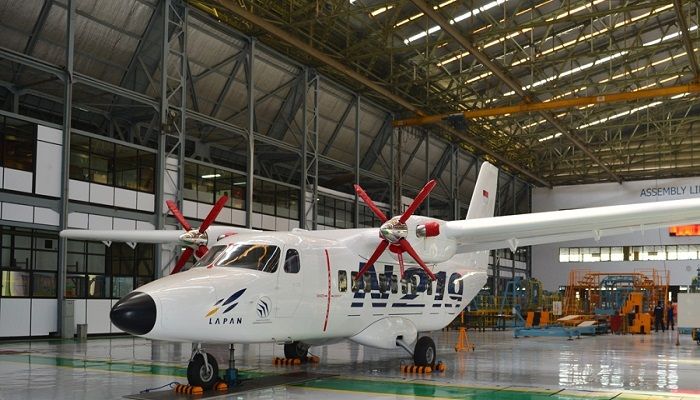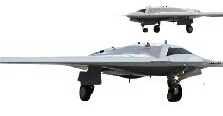WorldTekhno.com: A few weeks ago, Russian President Vladimir Putin threatened to use nuclear bombs or atomic bombs against enemies—by ordering Russia to revise its nuclear doctrine.
NATO responded by holding a NATO nuclear weapons exercise led by the Netherlands and Belgium, and the exercise was named “Steadfast Noon”. The maneuvers involving eight military bases will last for about two weeks. The maneuvers will be led by Belgium and the Netherlands, using eight military bases and 2,000 personnel, and 60 aircraft from 13 countries.
Many people often use the terms “atomic bomb” and “nuclear bomb” interchangeably. However, there is technically a difference between the two.
Atomic Bomb
○ Focus on Fission: Atomic bombs release energy through the process of nuclear fission. In this process, the nuclei of heavy atoms such as uranium or plutonium are split into lighter nuclei, releasing a large amount of energy.
○ First Generation: Atomic bombs were the first type of nuclear weapon developed and used in war, such as the bombs dropped on Hiroshima and Nagasaki.
○ Relative Yield: Although extremely powerful, atomic bombs are still considered to be smaller in power than other types of nuclear weapons.
Nuclear Bombs
○ General Terminology: Nuclear bombs are a more general term that encompasses all types of weapons that release energy through nuclear reactions.
○ Fission and Fusion: Nuclear bombs can work through fission (as in the atomic bomb), fusion (the joining of lighter atomic nuclei into heavier ones), or a combination of the two.
○ High Explosive: Hydrogen bombs, for example, are a type of nuclear bomb that uses fusion reactions and have a much greater explosive power than atomic bombs.
So what are the main differences?
• Atomic bombs are a specific type of nuclear bomb that uses only fission reactions.
• Nuclear bombs are a broader term that encompasses all types of weapons that use nuclear energy, including atomic bombs and hydrogen bombs.
Why are they often confused?
• Equally Devastating: Both atomic bombs and nuclear bombs are so devastating that they are often considered synonymous.
• More Popular Term: The term “atomic bomb” is used more frequently in the media and popular culture, making it more familiar to the general public.
Conclusion
While there are technical differences between atomic bombs and nuclear bombs, both are extremely dangerous weapons of mass destruction. It is important to understand these differences so that we can better understand the risks of nuclear weapons use and the importance of efforts to prevent nuclear weapons proliferation.
Disclaimer: This information is provided for educational purposes and is not intended to promote or advocate the use of nuclear weapons.***
sc:Gemini






